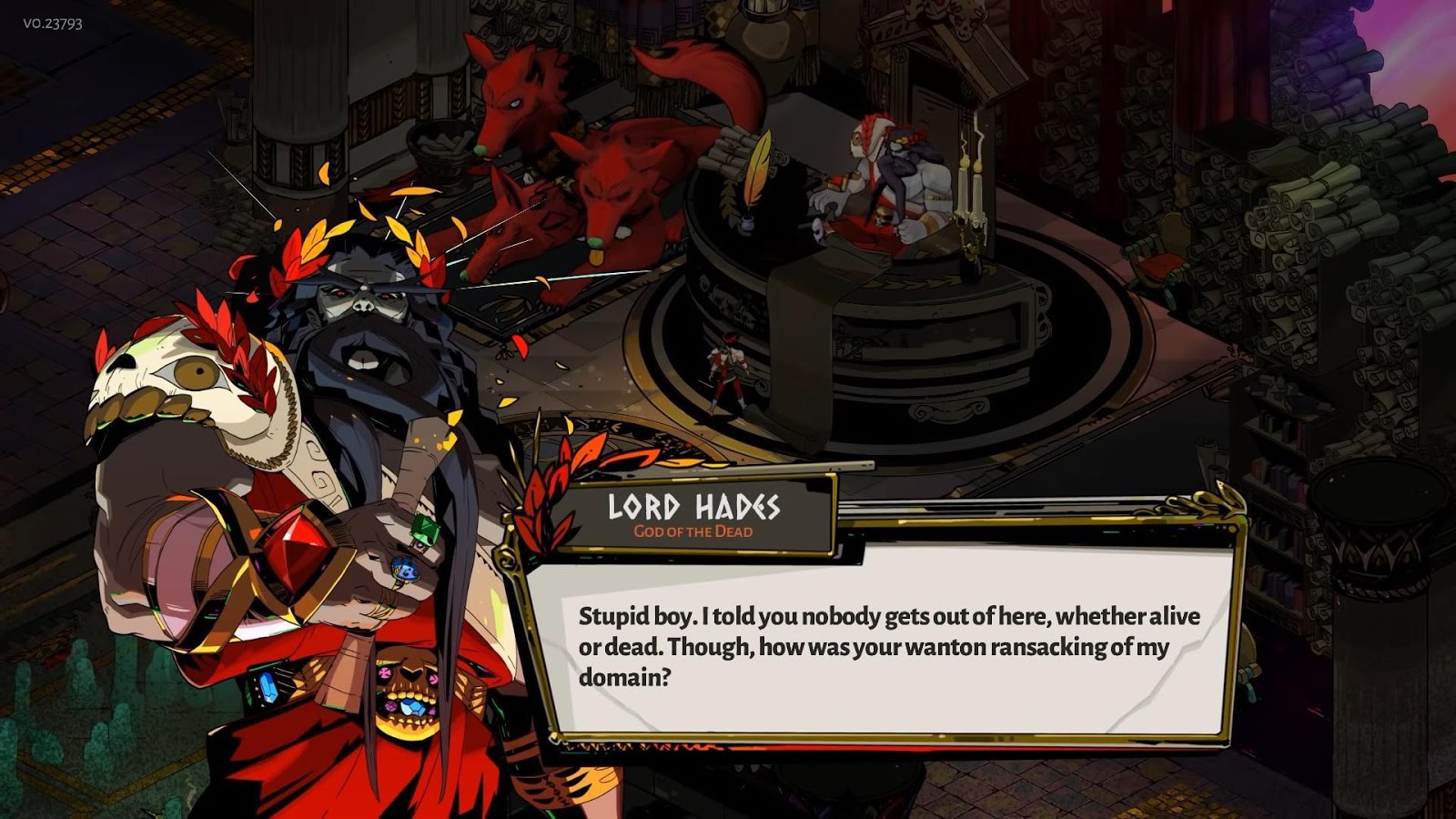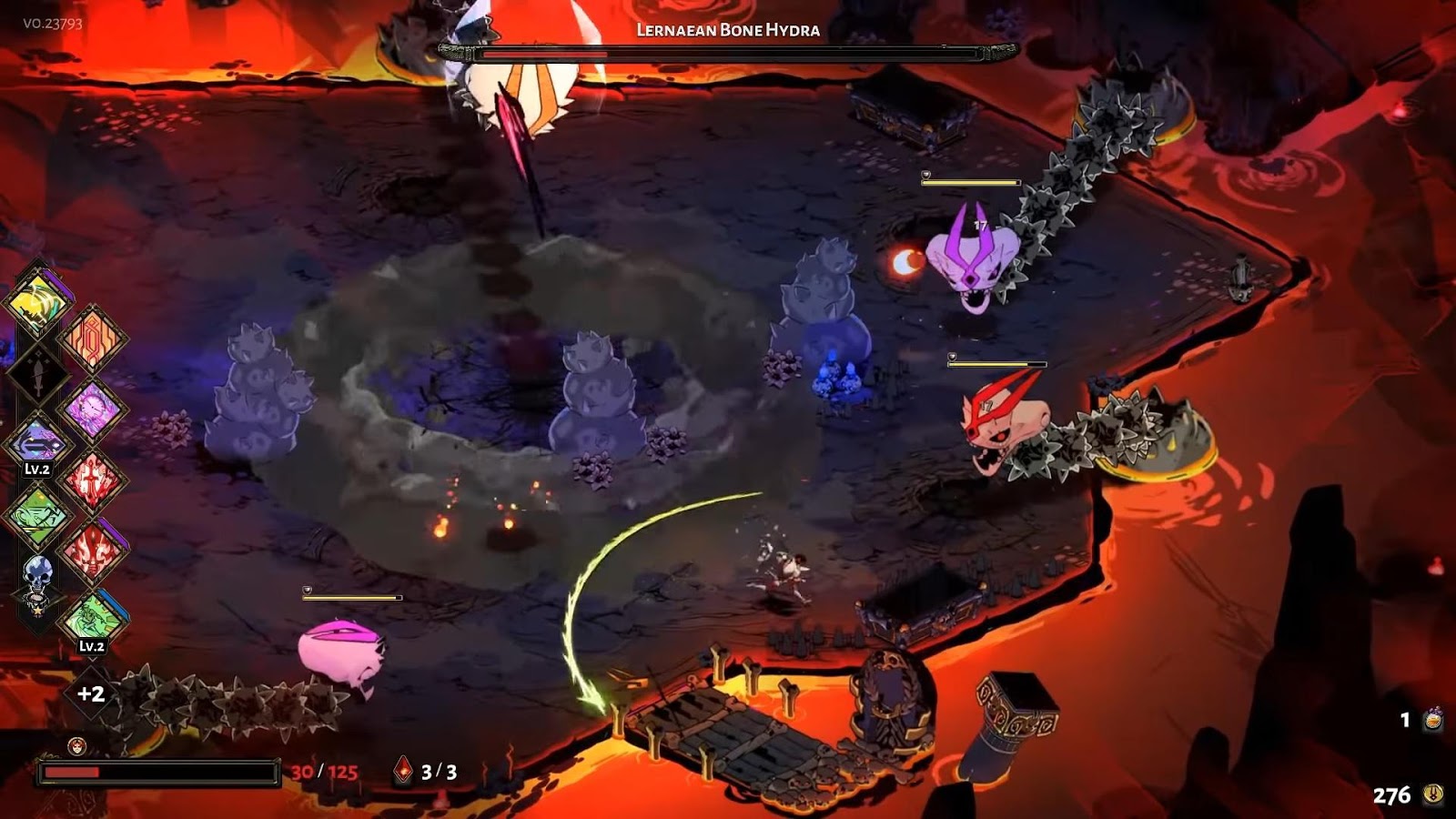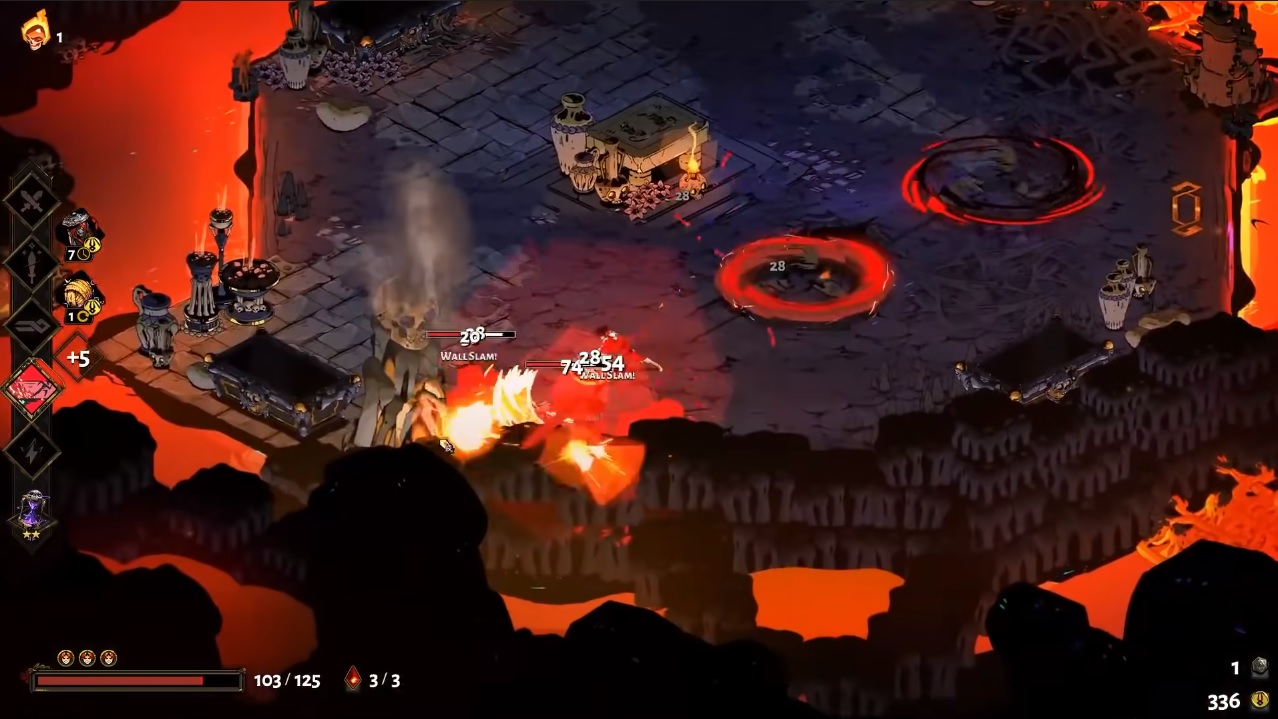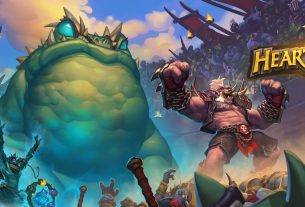Over the course of 2020, we have seen highly popular games come out from well-known developers and become the talk of the town for better or worse. For instance, triple-A games such as Persona 5 Royal, The Last of Us 2, and Cyberpunk 2077 have seen their fair share of positive and divisive reviews from the gaming community. Then, we have the slew of indie titles that have made a splash in the gaming world such as Among Us, Spelunky 2, and Risk of Rain 2.
But when it comes to an indie title that has made an impact, look no further than Hades. Created by Supergiant Games, Hades is the Greek mythology-inspired game development company’s shot at creating a rogue-lite Action Role-Playing Game (ARPG). Supergiant Games is known for releasing splendid and well-thought-of titles that add something new to the genre their games are designed for—Hades is another excellent example of that.
Let us take a look at some key points as to why Hades is one of the best Rogue-Lite games to date. We’ll also tackle how it has redefined what an ARPG is supposed to be.

The Concept of Rewards & Failures
One of the core gameplay mechanics of any rogue-lite game is the rush it gives its players. To be specific, they explore and go deeper into the different maps and stages to see how far they can get until they are ultimately defeated by different in-game hazards. Along the way, players can get randomized item drops and treasures that they can either equip to their characters or use to purchase powerful items when they return to the hub area. In most rogue-lite games, these mechanics are the main focus. Thus, they do not often have a compelling story that can hook players.
But this is not the case for Hades.
Hades lets the players experience the same grind of clearing levels and acquiring loot that gets better the deeper they manage to breach Hades. But apart from the pulse-pounding gameplay and action bits, Hades’ narrative is compelling, especially when you eventually die and have to restart your climb. For example, each time you die, the NPCs in the hub area will have a different dialogue line with Zagreus that adds a bit more story and character development.
Hades’ Immersive Gameplay
Supergiant Games’ choice of using Greek mythology as the setting is a wonderful stroke. This is because it has tons of memorable figures to interact with. The same goes whenever you manage to clear a level—the frenetic pace slows down and lets you catch your breath by way of clever and well-written exposition for each character you interact with alongside whatever rewards you might unlock.
Each time you die in different areas, Hades’ denizens slowly immerses you into their story. Moreover, it makes you want to try again and see what happens at the next juncture or cleared boss you accomplish. In Hades, failing is not as depleting a feeling since you are still rewarded with exposition to go along with your acquired learning experience. That is to make sure you won’t die the same way again when you encounter the same predicament in your progression.
This makes Hades’ playthrough a clever one compared to conventional rogue-lites since the devs have made dying and clearing stages both options to help progress the story. The more you die, the more you get to know the story well.

Gameplay & Mechanical Depth of Hades
When it comes to weapons, upgrades, and modifiers, Hades brings new things to the table for players to enjoy. Each of the six initial Infernal Arms has a meticulous design to let players play differently depending on what they choose to wield. For example, if you are the type who likes to get up close and personal, you can pick the Stygian Blade, the Aegis, or Twin Fists to slice, bash, and destroy enemies. Or if you want to keep your distance while wailing at enemies, the Eternal Spear, Heart-Seeking Bow, and Adamant Rail are there for long-ranged destruction.
These weapons have specific combos and usages that players will have to get accustomed to if they want to master them. Moreover, the Keepsakes, Boons, and Heat effects give these weapons some upgraded attacks and combos. These incentivize players to mix and match different weapons during multiple runs which makes each run experience unique.
Speaking of multiple runs, you will need to finish the game around nine to ten times to get the secret and additional endings. The Keepsakes, Boons, and Heat effects are modifiers that tweak subsequent playthroughs. For instance, if you wish to have a more challenging run, you can turn on particular Heat effects. This equates to anything from harder to kill enemies, more mini-bosses, lower health drop rates, to bosses suddenly having new attacks.
Having the option to add more mechanics in the gameplay on top of a clever way to incorporate a gripping narrative makes Hades such a genre-refining rogue-lite and ARPG title. If you want a fun and clever rogue-lite and ARPG, Hades is the game for you.




